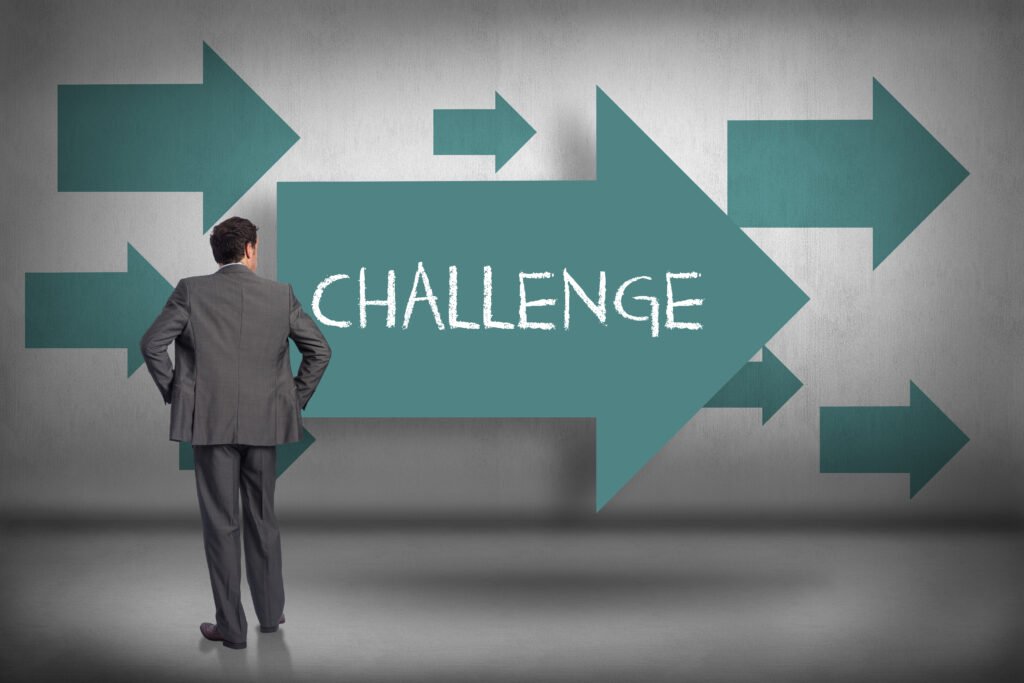
In today’s fast-paced world, dealing with challenges in life, also known as emotional adaptability, is crucial for navigating life’s ups and downs with resilience and grace. This skill enhances ease and effectiveness in handling the fluctuations of life.
In this blog post, we’ll explore the concept of emotional adaptability and how mastering this skill can empower you to thrive in the face of adversity.
Understanding Emotional Adaptability
Dealing with challenges in life requires individuals to recognize and regulate emotions amidst changing circumstances actively. It demands flexible thinking and behavior, coupled with resilience to rebound from setbacks. Instead of feeling overwhelmed by difficult emotions, adept individuals acknowledge their feelings, adapt to new situations, and move forward positively and constructively.
The Benefits of Emotional Adaptability to Deal with Challenges in Life
Emotional adaptability offers numerous benefits for individuals, both personally and professionally. Mastering this skill can positively impact your life in several ways:
- Reduced Stress and Anxiety: By developing greater emotional adaptability, you’ll be better equipped to handle stressful situations and manage anxiety. Instead of becoming overwhelmed by difficult emotions, you’ll be able to approach challenges with a sense of calmness and perspective.
- Improved Relationships: Emotional adaptability is essential for building strong and healthy relationships. By being able to understand and regulate your own emotions, you’ll be better equipped to communicate effectively, resolve conflicts, and empathize with others.
- Enhanced Resilience: Resilience is the ability to bounce back from adversity, and emotional adaptability is a key component of resilience. By developing greater emotional flexibility, you’ll be better able to cope with setbacks and challenges and bounce back stronger than ever before.
- Increased Creativity and Innovation: Emotionally adaptable individuals embrace new ideas and experiences, fostering greater creativity and innovation. They adapt to changing circumstances and think outside the box, enabling them to find creative solutions to problems and seize growth opportunities effectively.

Practical Strategies for Cultivating Emotional Adaptability to Deal with Challenges in Life
Now that we understand the importance of emotional adaptability, let’s explore some practical strategies for developing this important skill:
- Practice Mindfulness: Mindfulness involves paying attention to the present moment with openness, curiosity, and acceptance. Regular mindfulness meditation enhances awareness of thoughts, feelings, and bodily sensations. It helps develop greater flexibility and compassion in responding to them.
- Develop Emotional Intelligence: Emotional intelligence involves recognizing, understanding, and managing your own emotions and others. Through self-reflection, self-awareness, and empathy, you enhance emotional adaptability and resilience in adversity.
- Challenge Negative Thought Patterns: Negative thinking, like catastrophizing or black-and-white thinking, can hinder your adaptability and stress coping. By replacing these with balanced, realistic thoughts, you boost emotional adaptability and resilience.
- Practice Self-Compassion: Self-compassion involves treating yourself with kindness and understanding, especially during times of difficulty or distress. By practicing self-compassion, you can learn to respond to your own emotions with greater acceptance and kindness, which can enhance your emotional adaptability and well-being.
Thriving in a Changing World
Emotional adaptability is crucial for dealing with challenges in life with resilience and grace. By increasing awareness of your emotions, managing your responses, and fostering compassion for yourself and others, you can strengthen your emotional adaptability and resilience in difficult times.
Embrace the journey of self-discovery and personal growth. Watch how you thrive in a changing world with courage, compassion, and resilience.